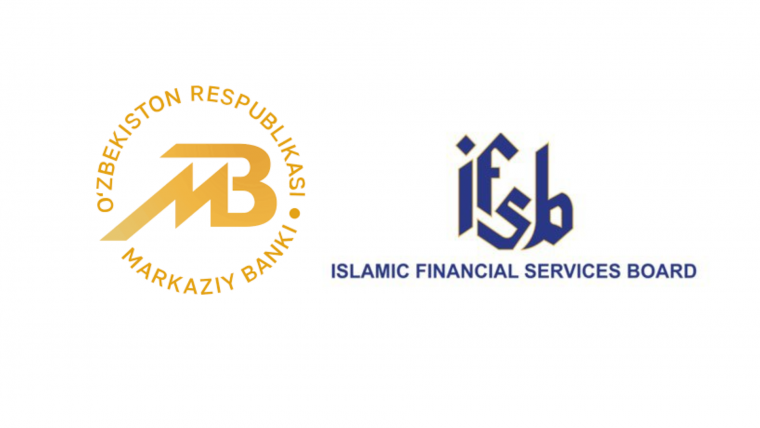Tashkent city



The Council's activities are aimed at developing international standards for the regulation and supervision of Islamic financial institutions, to implement effective corporate governance and risk management mechanisms, as well as to conduct research and capacity building of the staff in this field, and to assist member organisations in these matters.
Membership in this organization will enable the Central Bank to explore the experience of other countries and implement best international practices
in the regulation and supervision of Islamic financial institutions.
For reference: The Council was established in 2002 and is headquartered in Kuala Lumpur (Malaysia). Currently, the Council has 188 members, including 81 regulators and supervisors, 10 international intergovernmental organisations, 97 market participants. Also, the financial regulators of Kazakhstan, Kyrgyzstan and Tajikistan are members of the Council.

An international conference on the future of professions and industries in the era of Artificial Intelligence (AI) was held in Cairo, initiated by the President of Egypt, His Excellency Abdel Fattah El-Sisi. A delegation led by the Chairman of the Muslim Board of Uzbekistan, Grand Mufti Sheikh Nuriddin Kholiqnazar, participated in the event.
At the forum, Sheikh Nuriddin Kholiqnazar delivered a keynote speech addressing the core themes of the conference, emphasizing the importance of maintaining human values and ethical oversight in the face of rapid technological advancement.
Press Service of the Muslim Board of Uzbekistan